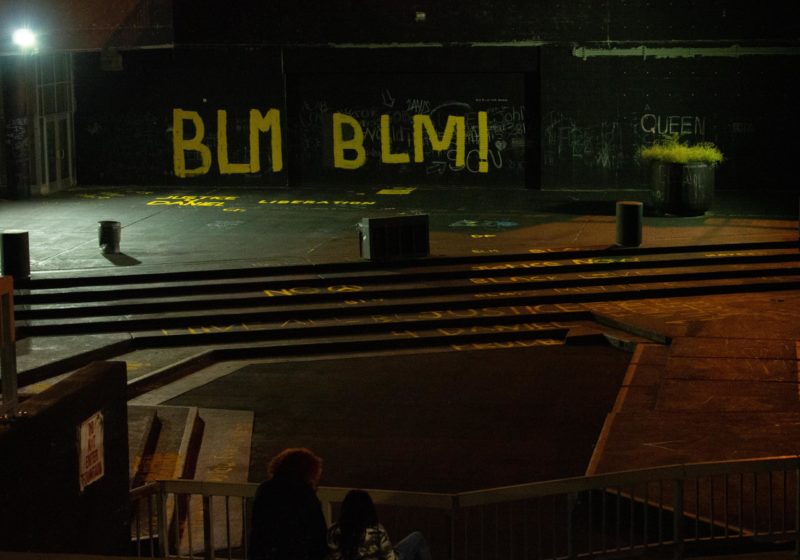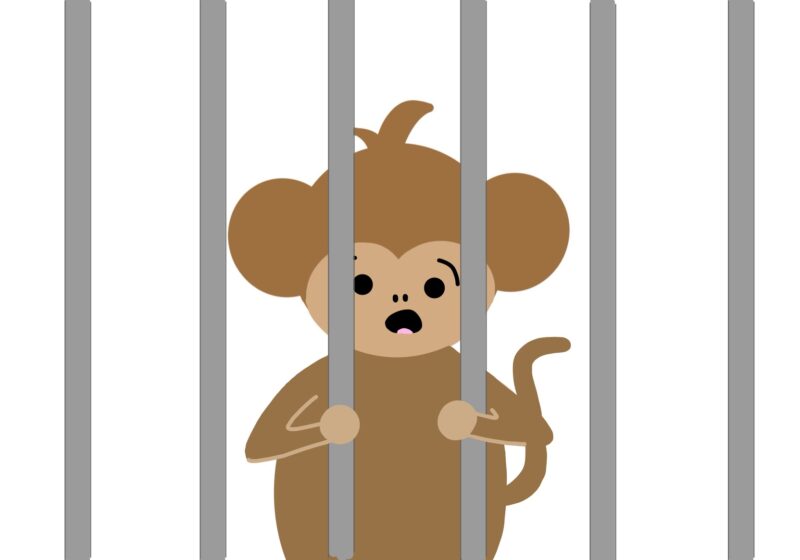Somewhere out there, a white person who fancies themselves an activist is saying, “We are all Daniel Prude!”
Dear unnamed person: This is for you.
We are, in fact, not all Daniel Prude. Or Michael Brown. Or Oscar Grant, who was shot and killed by police in Oakland in 2009.
I grew up half an hour away from Oakland and I was always told to never go there. When Grant was killed, I remember feeling confused, because suddenly the white people who were so petrified and contemptuous of the city and its unruly inhabitants were grieving over the life of a Black man they had never met and wouldn’t have cared about if he were still alive.
This kind of grief is cheap. Unnamed white person, this is beneath you. Stop.
My suggestion — as a white person working towards racial justice in active, organized ways, ways that might not get me hired for certain jobs in the future — is that you’re being totally useless. You’re simply one more white person sobbing and wailing in public space, drowning out the voices of and distracting from the feelings of Black people — the very folks that movements like Black Lives Matter are meant to empower, remember?
We all know this person. They probably either don’t know much about their own cultural background, or don’t feel much resonance with it in their life. They probably don’t march, but they sure like to wave whatever flag is hip with the left at that particular moment. They sure do like to talk about how much they would do for racial justice, if only they could find the time.
I lived in a house for a month with a white girl who was making a short video about the ways we should all put aside our anger over these shootings and learn to love each other. She came to the dinner table every night with another tragedy on her lips. She made an identity out of others’ hardships. I hate that girl because I see the girl that I used to be in her.
In high school, my friends and I made “Oh, how dreadful” faces about the Iraq War while a private war raged in my household where horrible things happened to me. I’m not making a comparison, nor am I excusing my behavior with trauma. I’m telling you: I did not care about Iraqi war orphans.
I cared about what was happening to me in my own personal life, but I didn’t dare talk about it because doing so meant exposing my rage, vulnerability, and fear. These things were not keeping with the persona I had built for myself, so I channeled that emotion elsewhere.
White people outsource everything, even our own fear and grief. We cry real tears when Black men we’ve never met die from violence we will never experience, which is by no means a bad thing, but we can’t cry for ourselves. We can’t cry for the parts of our own souls that we’ve lost to whiteness.
I am a Jewish person, and I love being Jewish. I love my history, my Jewish accent and speech rhythms, my Jewish holidays, and my Jewish ancestry going as far back as I can remember. But whiteness makes my ethnicity invisible and turns my distinct and beautiful culture into an oddity, and me into a kitsch collectible. Whiteness has been a source of privilege in my life, but it has also separated me from some of the parts of myself I love most.
Deconstructing and grieving out my internal allegiance to whiteness and internalized notions of white supremacy have given me myself back. I want that for every white person. I want a world of unique individuals, not hegemonic colonialist robots.
For me, the struggle for racial justice means that we fight to get these parts of ourselves back. It means we drop these paternalistic ideas of heroism, and instead start getting involved in the fight for our own souls.
You must quash this impulse to gesture at someone else’s struggle, subconsciously hoping to draw attention away from your own. An important fight is going on inside yourself right now. Only you can win it. The world needs you to win it.
The urge to care is natural. So is the impulse to compassion. But if you find yourself sobbing at every instance of racial violence so distant from your own experience, maybe it’s time to rethink who you’re really crying for. If you attend a workshop that’s ostensibly about how to best advocate for someone else and you find yourself taking up all of the space with your own feelings, perhaps it’s time to consider how your feelings are serving the people around you.
Am I making you uncomfortable yet, unnamed white person? Good. Your insistence on your right to comfort is my problem with you. Give it up.
Cry for your own life, but get mad about what happens to Black people in this country. Get mad about the fact that some people risk their lives every time they leave their homes. Then do something about it. Do something that’s productive and not self-aggrandizing. Do something humble and unglamorous and hard. Do something awesome and for no one’s eyes but your own.
I dare you.





